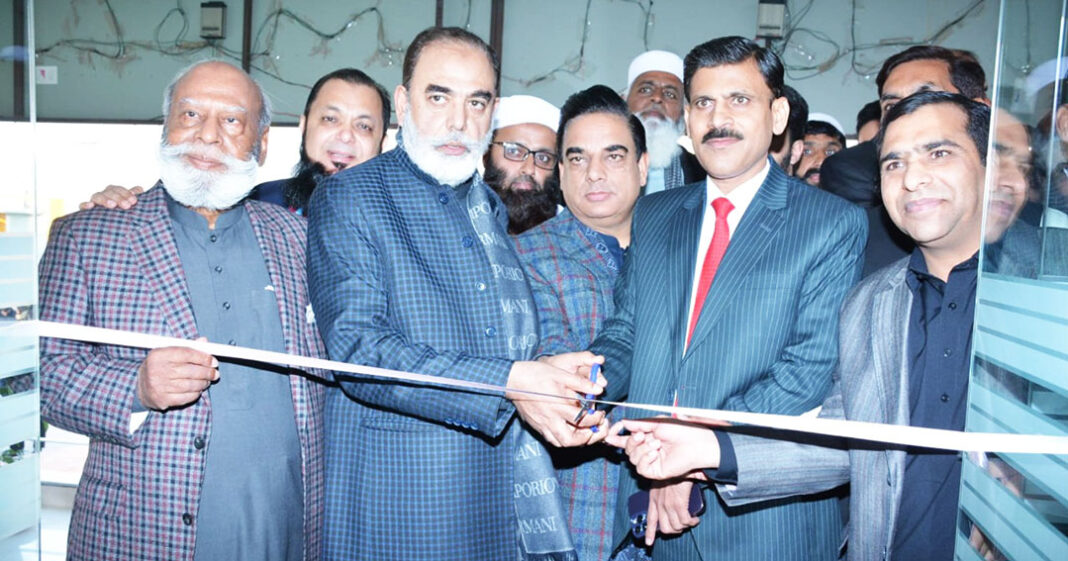National University of Medical Science (NUMS) recently conducted a test throughout Pakistan for admission in medical universities. The said institute is currently receiving applications, with 14th of December as last date, for admission into medical universities across Pakistan. For the purpose , it has set such selection criteria for the applicants that has put the improving or repeating applicants at disadvantage with respect to the Fresh applicants. For the improvers or repeaters, NUMS has set an unjust policy for the formulation of their aggregate. Forty percent of ultimate aggregate of these applicants has to be determined from the marks the applicants had secured in science subjects, like physics, chemistry and biology,in FSC level. The irony is that the total marks of these three subjects in both the years of FSC becomes 600, but NUMS has set policy to figure out the percentage of students’ obtained marks in these subjects out of 1100 marks, that are actually total marks in both the years of FSC. This unfair policy will lower total aggregate of the applicants, which will not only negatively affect their number in merit list in comparison to Fresh applicants but will also make it difficult for them to have minimum acceptable aggregate required for admission into a medical university. More than half of the candidates that appeared in NUMS test this year are improvers. Last year they appeared in the NUMS test that was full of flaws. This time also they are being subjected to unfair policies that may hinder their selection in any intended medical university. Those at the helm, including the judiciary, should play their role in removing the concern of the affected candidates and thereby saving them from stress or depression.
M. Ilyas Kalhoro, Larkana








